The RAC has launched a new emergency charger for drivers of electric vehicles stranded at the roadside.
Called EV Boost, the EV recovery device has been installed on six of the breakdown service’s Ford Transit Custom patrol vans ahead of a large-scale roll-out over the coming years.
As with the RAC’s Fuel Assist service, customers with an EV that’s run out of charge will receive a top-up boost, allowing them to progress to the nearest charging point.
The EV Boost system is powered by an electrical generator mated to the patrol van’s 1.9-litre diesel engine, and sends charge through an inverter to the power unit in the stranded EV. The RAC says the charging device is compatible with all Type 1 and 2 connections, accounting for the vast majority of EVs on UK roads.
It has been developed by the RAC in partnership with Original Ltd, a Shrewsbury-based automotive engineering firm. The initiative is the first of its kind in the UK, and highlights the need for recovery services to adapt to growing demand for electric vehicles.
Broken-down EVs usually have to be transported by flatbed truck, which makes recovery a slower, more expensive process. With its new charging device, the RAC aims to restart stranded EVs as quickly as possible, in order to minimise traffic disruption.
Chris Millward, head of roadside rescue at the RAC, said: “With nothing like it on the market, the real challenge was to develop a mobile EV-charger system which is compact and light enough to fit into our normal patrol vehicles.”
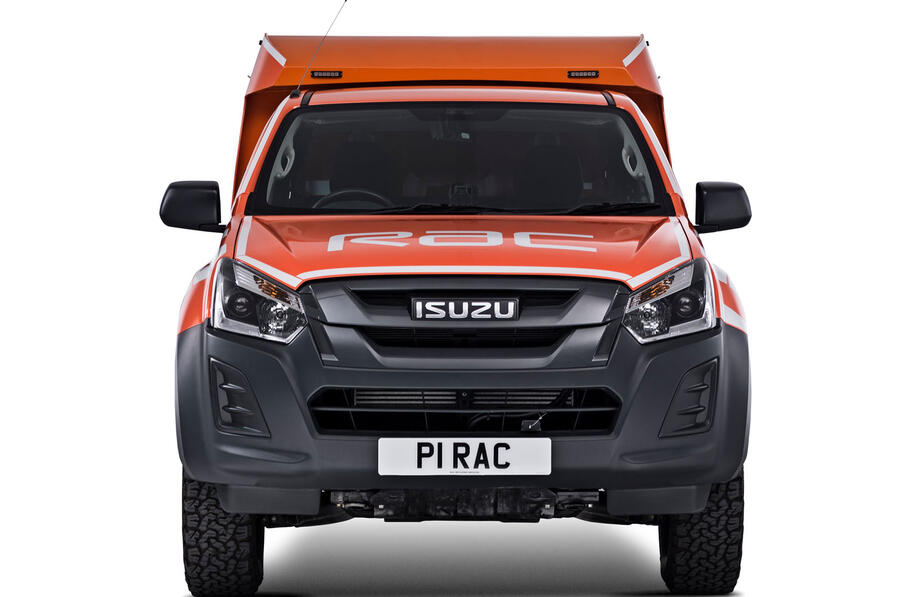
Alongside the portable charging scheme, the RAC has unveiled a new Isuzu D-Max heavy-duty patrol vehicle.
Equipped with a 1.9-litre diesel engine, a 2.8-tonne towing capacity and four-wheel drive, the RAC says the 50 new vehicles will be able to recover “up to 90% of passenger cars and light commercial vehicles”.
Read more
Ford to electrify European range with fleet of hybrids and EVs

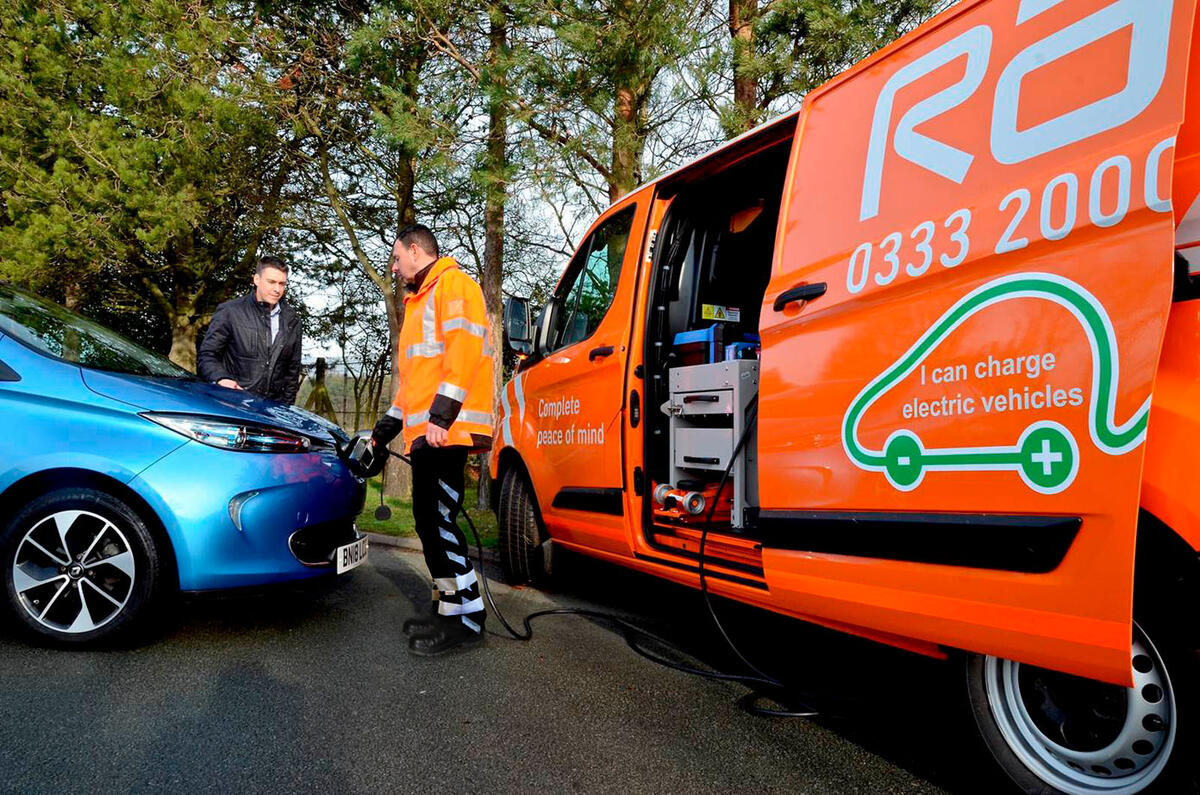
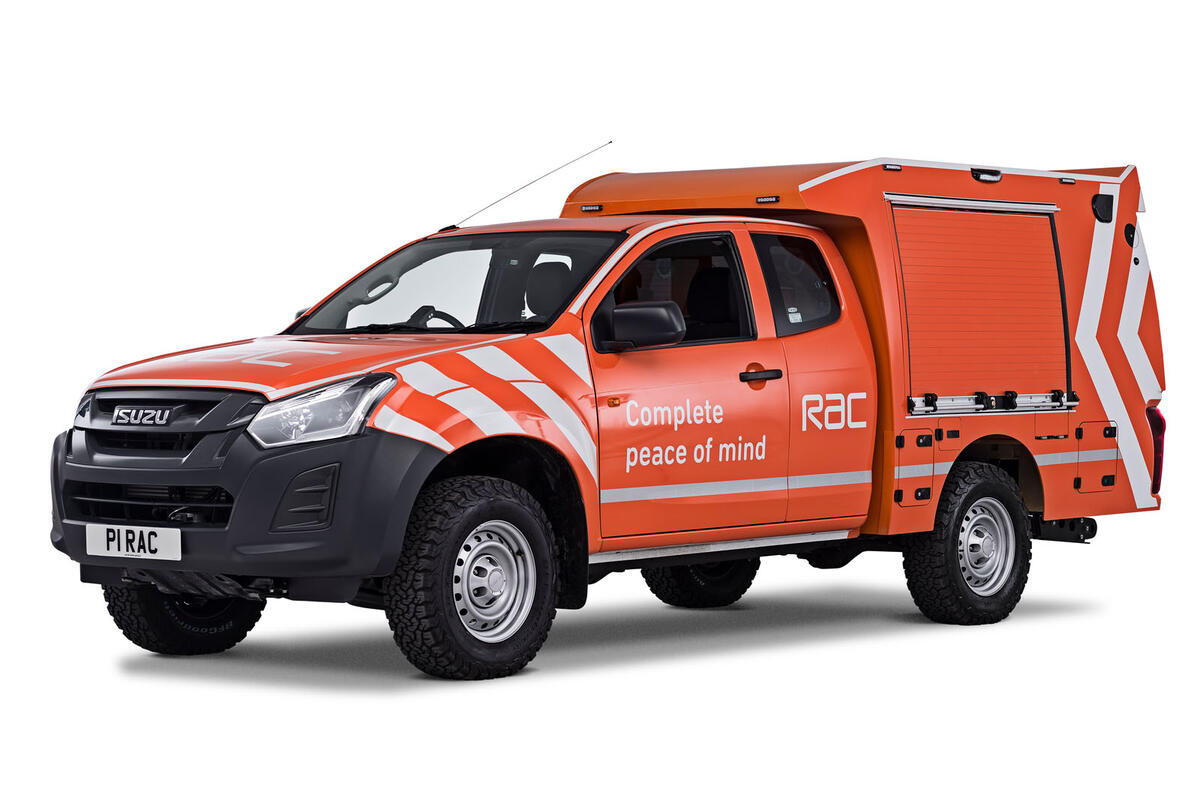
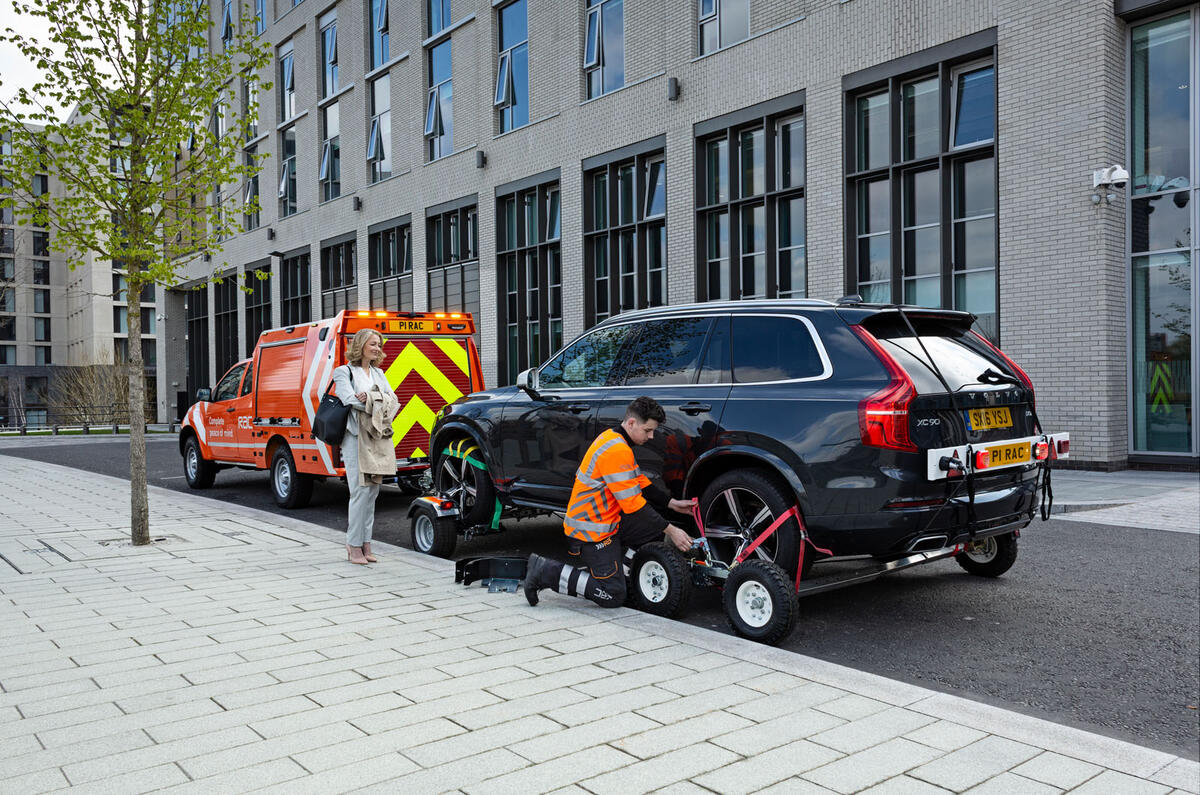
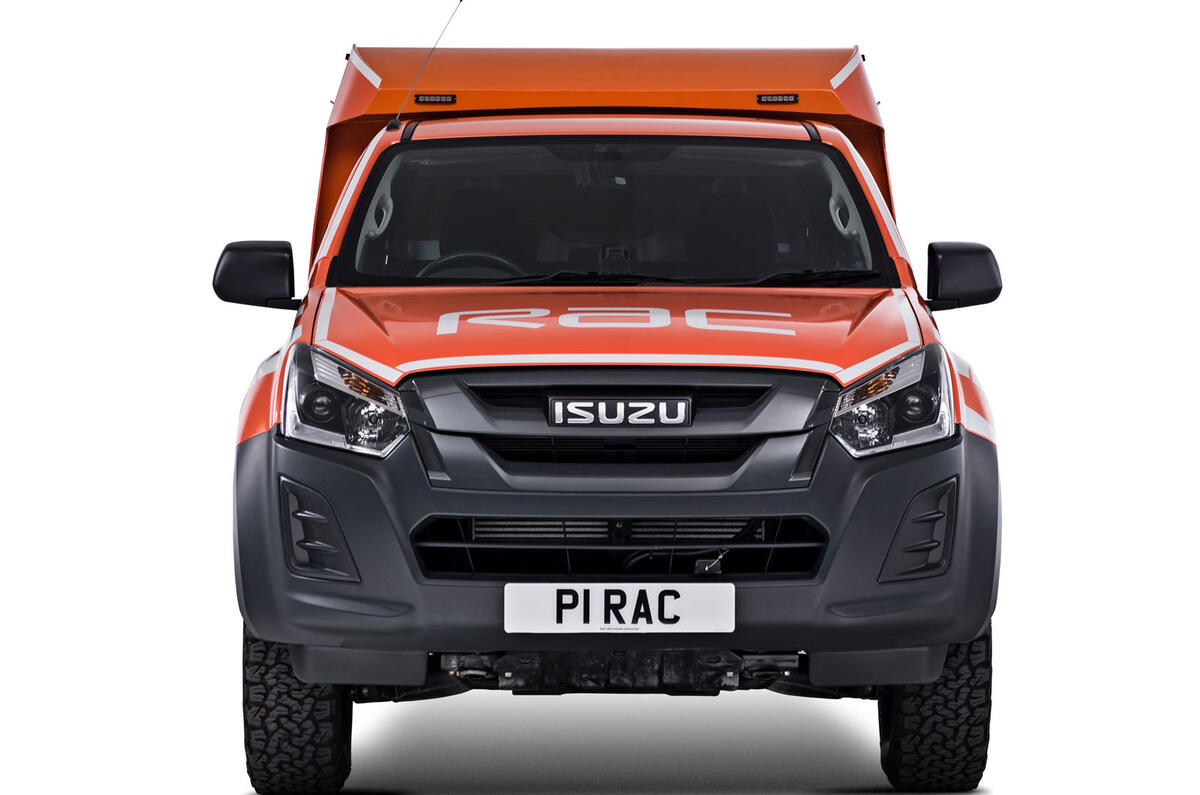
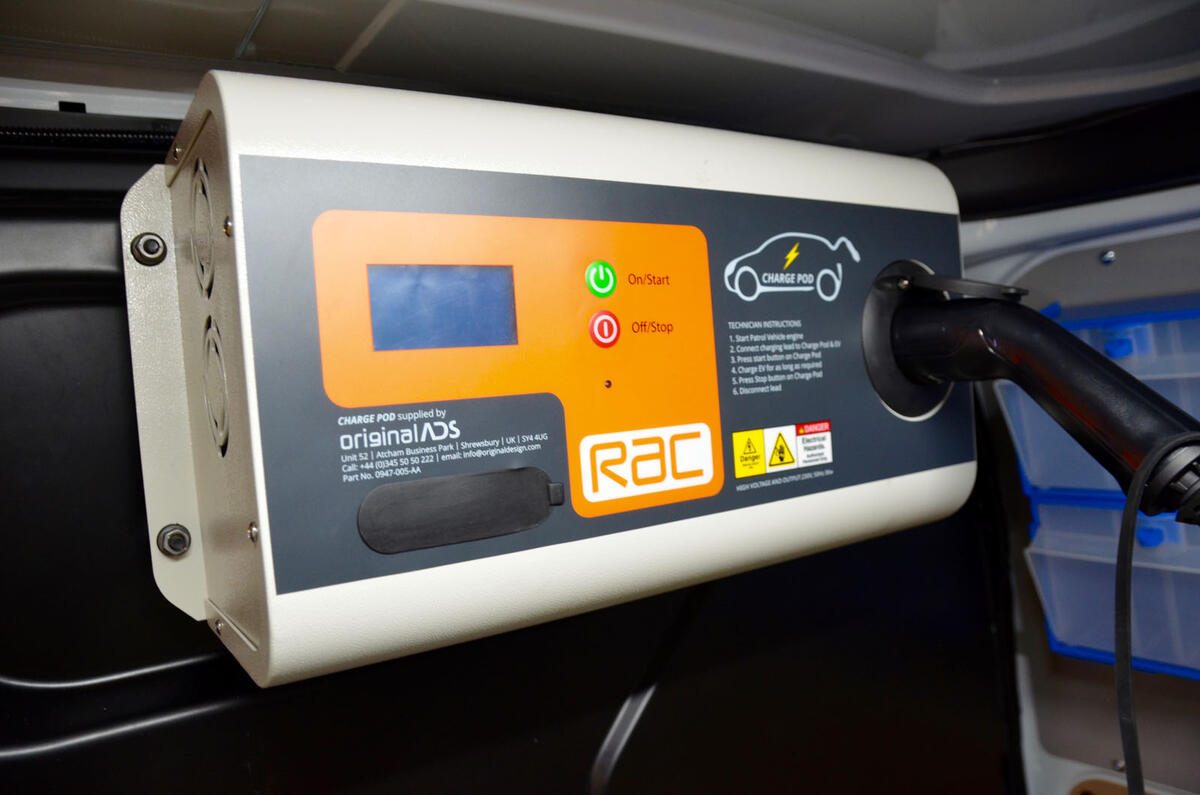
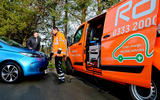
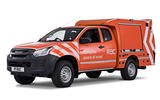
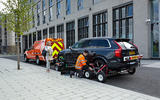

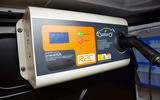






Join the debate
Add your comment
Tow?
An electric recovery vehicle would be a good upgrade.
That's prawgress...
And not for the first time the reality and the hype are at odds.
That's prawgress...
And not for the first time the reality and the hype are at odds.